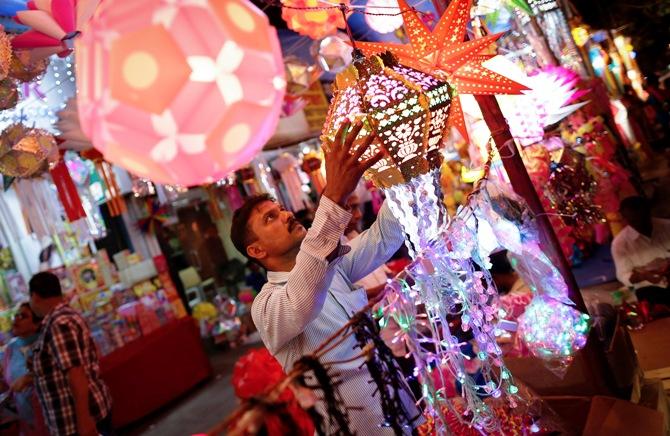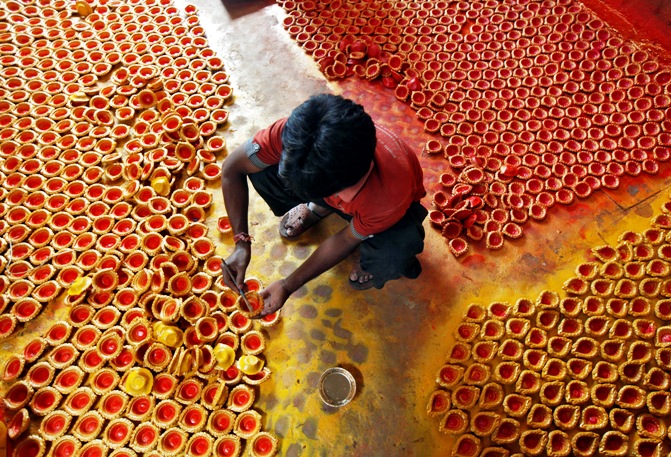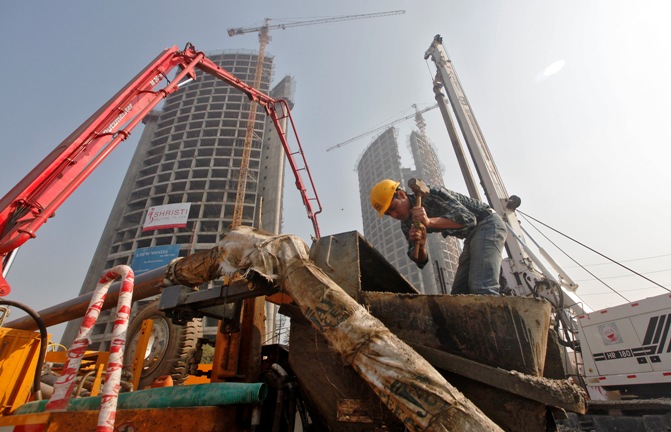 | « Back to article | Print this article |
Indians are most optimistic about growth
Looking forward to more political stability and economic development post general elections, India has emerged as the most optimistic country globally with respect to growth prospects in the coming time.
According to a global survey conducted by research firm Ipsos, more than half (53 per cent) of the people in India are confident about the country's future and are hoping that in next one year the economy will revive.
Click NEXT to read further. . .
Indians are most optimistic about growth
"A majority of them (Indians) are very hopeful that post the general election in the first half of 2014 the country will have political stability, good governance and economic growth," Ipsos India Head Marketing Communication Biswarup Banerjee said.
India is followed by Canada and Australia in the second and third place respectively with 47 per cent of their citizens confident about their country's growth in next 12 months.
Besides, China (4th), Sweden (5th), Argentina (6th), Brazil (7th), Germany (8th) and Russia (9th) and South Africa (10th) figured in the top 10 list out of 20 countries surveyed by Ipsos.
Click NEXT to read further. . .
Indians are most optimistic about growth
Spain (12 per cent), Italy (10 per cent) and France (9 per cent) emerged as the bottom three countries in the category.
Besides, the survey found that a majority of people in India (71 per cent) are confident about their personal lives, including their families for the next 12 months, ranking the nation at the fourth position globally for the same along with Canada and Argentina.
South Africa (75 per cent), Brazil (74 per cent) and Sweden (73 per cent) were the top three countries on the parameter.
Click NEXT to read further. . .
Indians are most optimistic about growth
Further, the survey found that 60 per cent of the Indians felt under lot of pressure to be successful and make money while 58 per cent were most likely to measure their success by what they own.
According to Banerjee, ‘economic liberalisation and high growth period that India registered in the last two decades has promoted materialistic aspiration of middle class Indians’.
The survey was conducted across 20 countries and included over 16,000 respondents.



